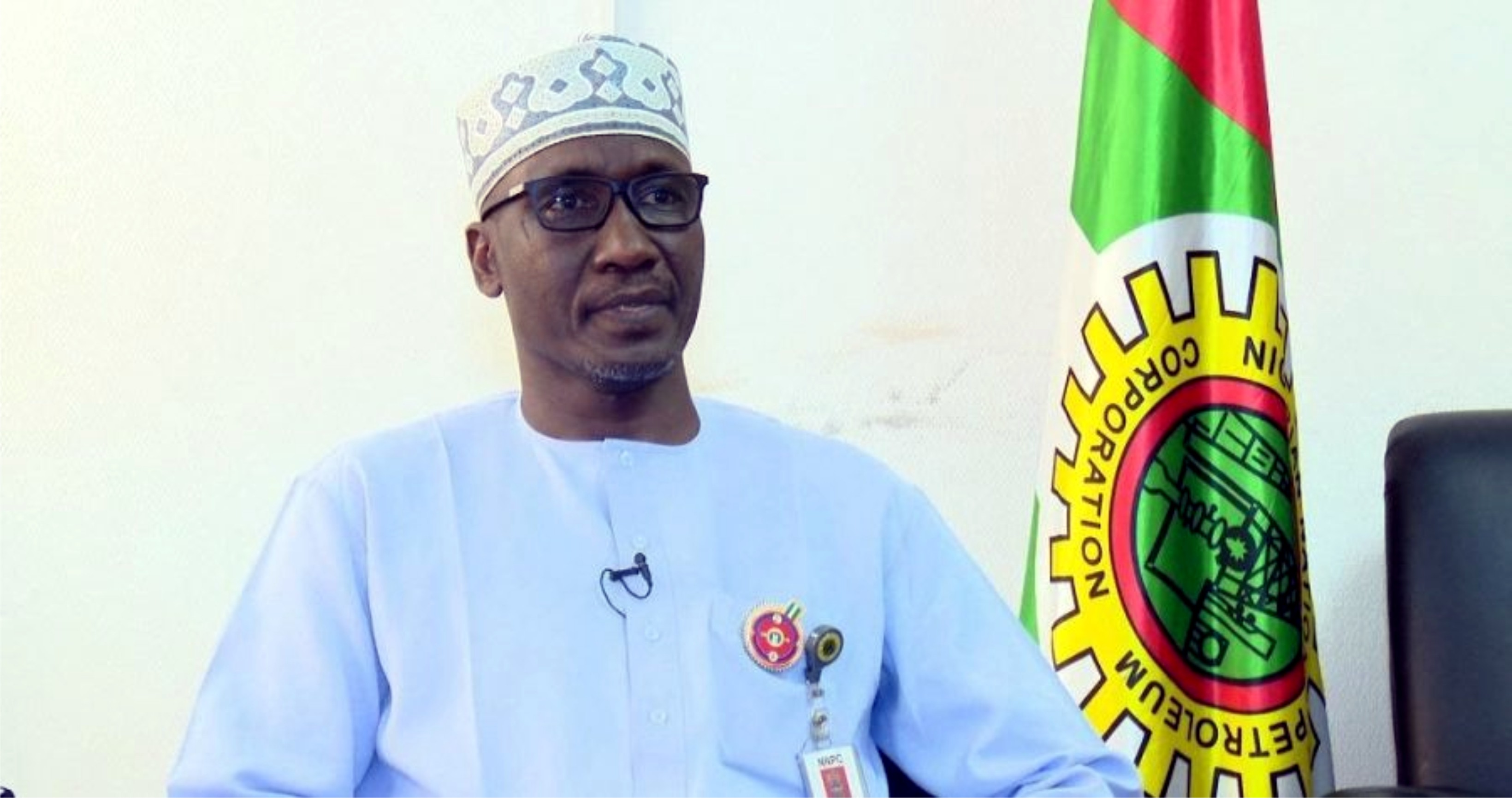Business
$21bn NLNG Funds Not Illegally Withdrawn, NNPC Clarifies

The withdrawal of over $21billion from the Nigeria Liquefied Natural Gas (NLNG) dividends account by the Nigeria National Petroleum Corporation (NNPC), was not illegal, the Group Managing Director of the agency, Mr. Mele Kyari, declared yesterday.
The GMD, who was represented at an investigated hearing of the Wole Oke-led Public Accounts Committee of the House of Representatives by the Chief Financial Officer of the corporation, Mr. Umar Ajiya, said NNPC pulled out the sum from the dividends account, on the authorization of the Federal Government, as represented by the Ministry of Finance, the Central Bank of Nigeria (CBN) and the NNPC.
He said proceeds from the dividends account were the Federal Government’s share of revenues from oil shared between the federal and other tiers of government.
“All withdrawals (from NLNG dividends fund), were based on approved mandates of the relevant authorities. As far as NNPC is concerned, investments in NLNG, were done on behalf of the Federal Government. I was the treasurer of NLNG, so, I was aware of the Federal Government’s investment in the project.
“The same matter came at the FEC (Federal Executive Council), and was referred to a Committee, headed by the Governor of Kaduna State, but the fact is that, the Federal Government, through the NNPC, is the true owner of the investment (the sum withdrawn). It is accrued to the Federal government, not the Federation Account.
“There is no question of illegal withdrawal. Nobody can withdraw from the account, illegally; the CBN Governor, can be invited to attest to that.
“Though the NNPC sits on the board (of NLNG) on behalf of the Federal Government, proceeds from the investment, are managed and disbursed or dispensed or utilized, based on the instruction of the Federal Government.
‘’When I say Federal Government, I do not mean, NNPC; ordinarily, it’s the Federal Ministry of Finance, that directs the utilization. We (NNPC) are merely agent of the federal government,’’ the NNPC boss said. In respect to queries from the Office of the Auditor General of the Federation on alleged unauthorized deduction of over N1.2trillion in 2014 from proceeds from oil, he maintained that “the NNPC couldn’t have remitted all its earnings” at the time to the Federation Account.
The AuGF also queried the Department of Petroleum Resources (DPR) and the Nigerian Customs Service (NCS), but cleared them on the issue of non-remittances for the year in review.
The House Committee Chairman, Wale Oke, then resolved to summon the Minister of Finance, Mrs. Zainab Ahmad, Governor of CBN, Mr. Godwin Emefiele and the Accountant General of the Federation, Ahmed Idris, to clarify claims by Kyari on the utilization of the NLNG fund.
Transport
Automated Points Concession : FAAN Workers Gave 72hrs To Revise Decisions In PH

Transport
FAAN Announces Pick-Up Points for Go-Cashless Cards

Business
Fidelity Bank To Empower Women With Sustainable Entrepreneurship Skills, HAP2.0
-

 Politics4 days ago
Politics4 days agoSenate Urges Tinubu To Sack CAC Boss
-

 News4 days ago
News4 days agoAmend Constitution To Accommodate State Police, Tinubu Tells Senators
-
Business4 days ago
Crisis Response: EU-project Delivers New Vet. Clinic To Katsina Govt.
-

 News4 days ago
News4 days agoDisu Takes Over As New IGP …Declares Total War On Corruption, Impunity
-
Business4 days ago
President Tinubu Approves Extension Ban On Raw Shea Nut Export
-
Business4 days ago
President Tinubu Extends Raw Shea Nuts Export Ban To 2027
-
Business4 days ago
Fidelity Bank To Empower Women With Sustainable Entrepreneurship Skills, HAP2.0
-
Sports4 days ago
NDG: Rivers Coach Appeal To NDDC In Talent Discovery

